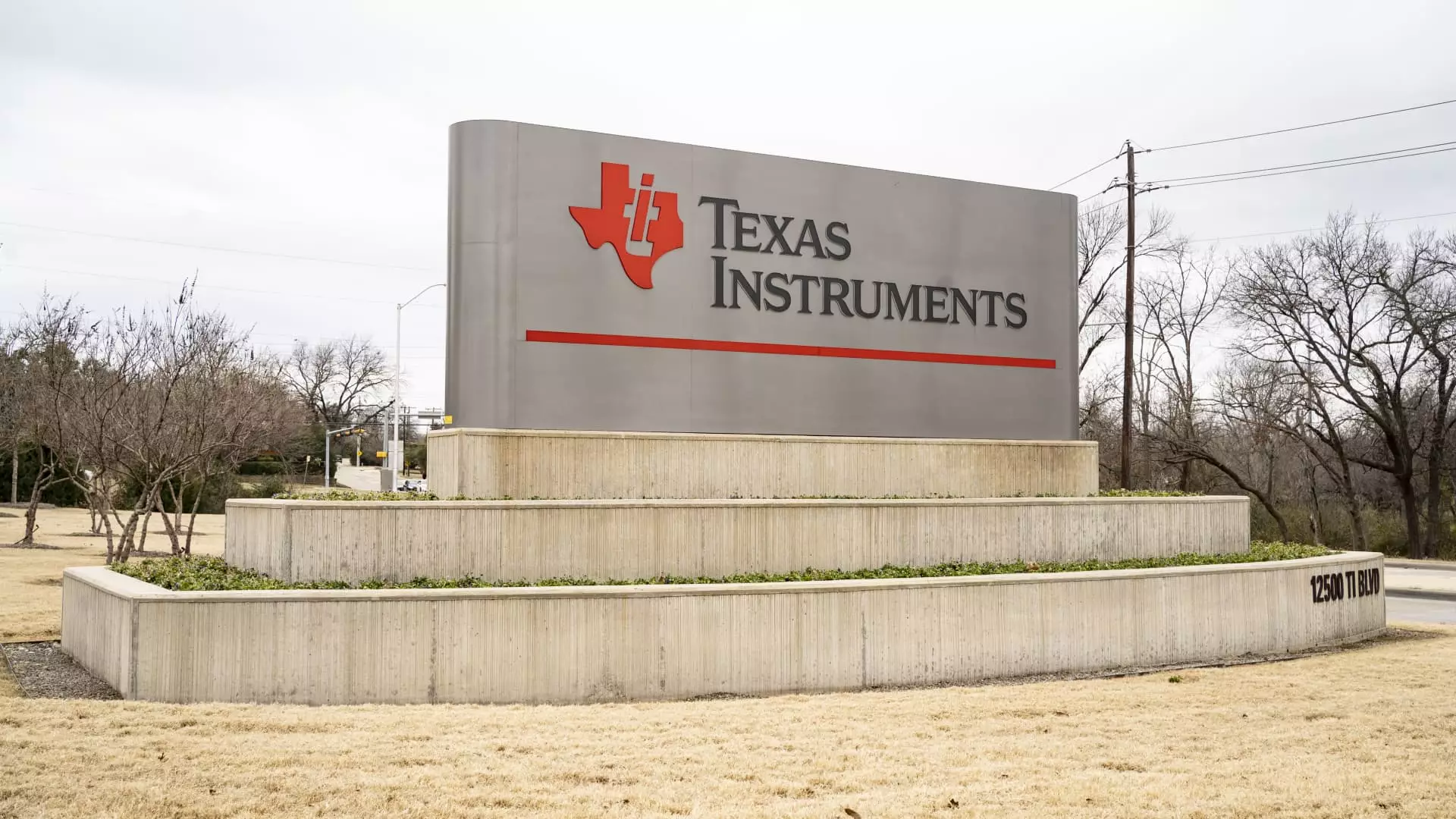In an era marked by geopolitical tensions, economic uncertainty, and unpredictable policy shifts, markets rarely follow a straightforward path. Investors seeking growth have often been rewarded, but increasingly, the fragility of the global economy exposes the dangerous underbelly of overconfidence in risk assets. The recent stock market plummet triggered by the Trump administration’s tit-for-tat tariffs underscores the persistent volatility that can quickly erode gains and threaten portfolios. It’s a stark reminder that, despite the allure of aggressive expansion, many investors are dangerously naive in ignoring the defensive strategies that can provide essential balance and security.
The reality is that market surges are frequently marred by setbacks, especially when political maneuvers or global trade disagreements flare up unexpectedly. The Dow’s sharp decline of over 500 points and the S&P’s one percent drop are painful yet predictable manifestations of these risks. Sooner or later, these shocks serve as a wake-up call that margins of safety, often found in steady income-generating assets, are not optional but vital. Ignoring this prudent approach is akin to building a skyscraper on a shaky foundation — a reckless gamble with one’s financial future.
The Case for Defensive Dividend Strategies
In times of uncertainty, investors are well-advised to seek shelter in assets that can weather storms better than volatile growth stocks. Wolfe Research’s championing of dividend aristocrats – companies with a 25-year record of increasing dividends – is rooted in this logic. Such firms exemplify resilience, financial prudence, and steady cash flows, making them more reliable during economic downturns. Their ability to consistently reward shareholders inspires confidence, even when broader markets falter.
Moreover, Wolfe’s focus on emerging dividend aristocrats signifies that the bastions of stability can be identified ahead of time. Companies such as Duke Energy, Texas Instruments, and Prudential Financial are on the cusp of joining the elite ranks of consistent dividend payers. These firms demonstrate that even within sectors perceived as stable, careful selection can offer substantial long-term security. They are not just avenue for income; they are a defensive stance against the unpredictable headwinds buffeting the markets.
Dissecting the Contenders for Defensive Investment
Duke Energy’s case is a compelling example of a utility poised to become a dividend aristocrat. Its ongoing dividend increases since 2007 and partnerships with major players like GE Vernova illustrate a strategic focus on expanding energy capacity under constrained global supply chains. Goldman Sachs’ assessment that Duke can “build at scale faster and cheaper than peers” confirms its strategic advantage in an industry grappling with investment and infrastructure headwinds. Though consensus on the stock remains cautious, its consistent dividend increases reinforce its defensive value.
Texas Instruments embodies how the semiconductor sector can serve conservative investors. Its 21-year streak of dividend hikes and a 13% rise in stock value this year highlight how technology firms with strong, U.S.-based production and strategic inventory management are better positioned to handle tariffs and geopolitical disruptions. Analyst insights emphasize that Texas Instruments’ preparation for the upcycle, combined with its geographic footprint, offers a unique hedge against potential supply chain or policy shocks.
Prudential Financial’s steady dividend growth over 17 years, despite recent stock declines, underscores the importance of income in an environment plagued by declining interest rates and volatile markets. While some analysts project lower earnings, the company’s sizable 5% yield provides a cushion and a compelling reason for risk-conscious investors to stay invested. The combined factors of dividend consistency and attractive yields make Prudential a clear example of a defensive asset with income-generating capacity.
The Ironclad Logic of Defensive Investments in a Center-Right Perspective
From a center-right liberal perspective that advocates for economic resilience and prudent fiscal management, the importance of defensive stocks cannot be overstated. These companies exemplify the virtues of disciplined management, financial stability, and adaptability amid political and economic turbulence. Relying solely on market gains driven by optimism or government policies is a dangerous gamble. Instead, a balanced portfolio that includes steady, income-producing stocks ultimately ensures that investors are not left exposed when markets retreat.
Strategically, the focus on dividends and cash flow security signals a middle-ground approach, blending growth potential with necessary caution. It aligns with the philosophy that sustainability, rather than reckless speculation, should form the backbone of investment decisions, especially in an era rife with unpredictable policy shifts and geopolitical risks. Dirty politics and trade wars may come and go, but sound financial principles—like earning income from reliable, disciplined companies—stand the test of time.
In this volatile environment, the most prudent investors are those who see beyond short-term thrills and recognize the enduring value of defensive stocks. They serve as anchors in stormy seas, promising steadiness and reliability, qualities that are priceless when the economic waters are rough. The risk of ignoring such strategies is a road littered with volatility, potential losses, and missed opportunities for sustainable growth.

